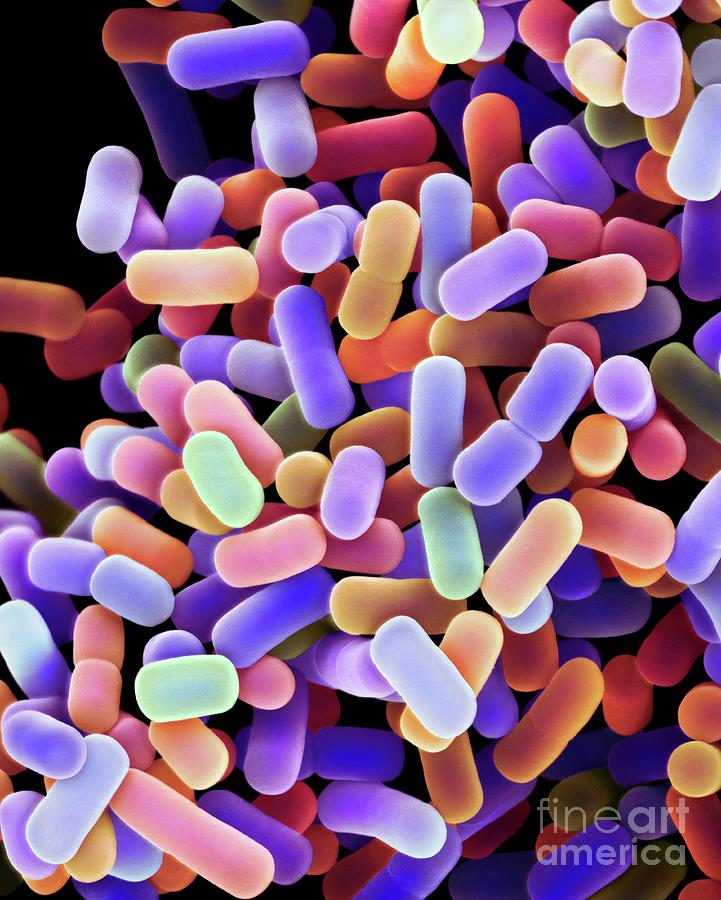Nutrition and Mental Health Part 6 - Micronutrients and DNA
Let's delve a bit into our body biochemistry and DNA activity, once more. Our body is transferring methyl groups to our DNA, this being a vital action meant to regulate gene expression, billion times every second. Let me explain this phrase, as understanding this phrase alone is one of the keys to a healthy happy life. Gene expression is the process by which the information encoded in a gene is used to direct the assembly of a chemical, such as a protein (our equivalent of the "Avengers, assemble!"). A methyl group is made of one carbon atom and three hydrogen ones. This process of adding or subtracting a methyl group is called methylation.
The methylation process can help repair any damage to our DNA, and cell membranes, and also regulate our hormones. But adding or taking off methyl groups to our DNA needs micronutrients. This role played by micronutrients moderating our genes is called epigenetics. We may not be able to choose our genetic makeup, but we can shape some of the environmental factors that lead to epigenetic changes to our DNA.

(made by FineArt America)
To prove our hypothesis, we will discuss a specific question: how is possible that only one female bee will develop completely differently from all others and become a queen bee? Honey bee society is complex, and all the workers are sterile, except one, the queen bee, who is fertile. All larvae are genetically identical at the beginning, but as they grow up, the difference between the queen and the workers is remarkable. So, we may ask, are the nutrients able to influence genes? Yes, they probably are. We believed that genes are immutable, but the genetic code can or cannot be read in the same way. In studying identical twins, if genes define who we are, the twins should be completely identical, but, as we may already know, they are not having the same weaknesses and strengths. So this means that there are some environmental factors that influence the expression of those genes to some degree. It seems that genes are controlled in a similar way with a dimmer switch controlling the light in a room, genetic regulation, and it seems that the presence or the absence of the methyl groups are the ones turning our genetic switch up or down. As we said, billion times per second, methyl groups are transferred to our DNA, hormones, immune cells, and neurotransmitters, following a pattern or cycle, called the methylation cycle. When this cycle is perfect. the DNA gets repaired, cell membranes are healed, and hormones are regulated. But this cycle needs nutrients like zinc and the vitamin B complex to work properly, or it will become impaired. And, when the methylation cycle is impaired, some enzymes may not be manufactured, disrupting the metabolism, neurotransmitters, and all. Having a restricted diet, you may start feeling moody, irritable, lack focus, foggy and slow. Nutrition can modify the expression of your genes, ordering your genes without changing the DNA code.
Back to our bees example, worker bees are only fed with pollen and nectar (bee bread), believed to contain strong plant phytohormones and chemicals silencing the genes responsible for fertility. One lucky larva is fed with royal jelly, protected by plant chemicals, modulating the gene expression, leading that larva to develop ovaries, being transformed into a queen bee.
So, micronutrients have a key role in keeping our DNA healthy, and able to repair and heal, by using methylation. We are born with a specific set of genes, but we can alter the expression of our genes, changing the environment. This is proven by the study of identical twins, becoming different as they grow, because of their nutrition and/or exposure to environmental toxins. The queen bee example also points in the same direction.
Next time we may look at how environmental toxins can affect our mental health and how some micronutrients can help us eliminate those toxins.

See you tomorrow,
George